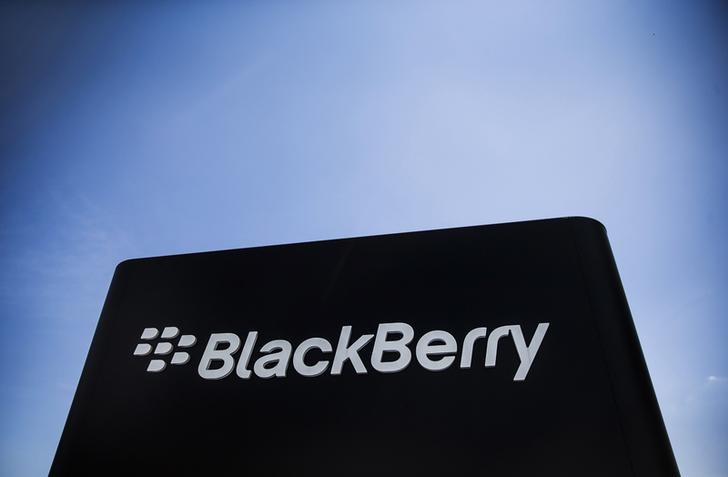BERLIN (Reuters) - Germany has approved Canadian smartphone maker Blackberry's (TO:BB) planned acquisition of Secusmart, the encryption technology of which is used to protect the mobile devices of top politicians including Chancellor Angela Merkel.
The deal is part of new Chief Executive John Chen's effort to enhance Blackberry's appeal for security conscious clients such as government agencies as it seeks to regain ground lost to Apple's (O:AAPL) iPhone and rival devices powered by Google's (O:GOOG) Android operating system.
The German government said after the acquisition announcement in July that it would examine whether the purchase of Secusmart, a privately-held firm based in Duesseldorf, might pose a threat to German security interests.
The issue was particularly sensitive in Germany, given that the deal was announced after revelations that U.S. intelligence agencies had listened in on phone conversations that Merkel made from a non-encrypted phone.
Merkel and other members of the German government have Blackberry mobile devices with Secusmart encryption.
"The German government has examined the planned purchase of Secusmart by Blackberry and given its approval for it to go ahead," an economy ministry spokeswoman said on Friday, declining to confirm the conditions under which Berlin had given the green light.
According to media reports, Germany insisted that the Federal Office for Information Security (BSI) be granted certain access and control rights related to the code used in the Blackberry operating system.
Germany has reportedly also won assurances from Blackberry that confidential information would not be passed on to foreign intelligence agencies.

(Reporting by Andreas Rinke; Writing by Noah Barkin; Editing by David Goodman)